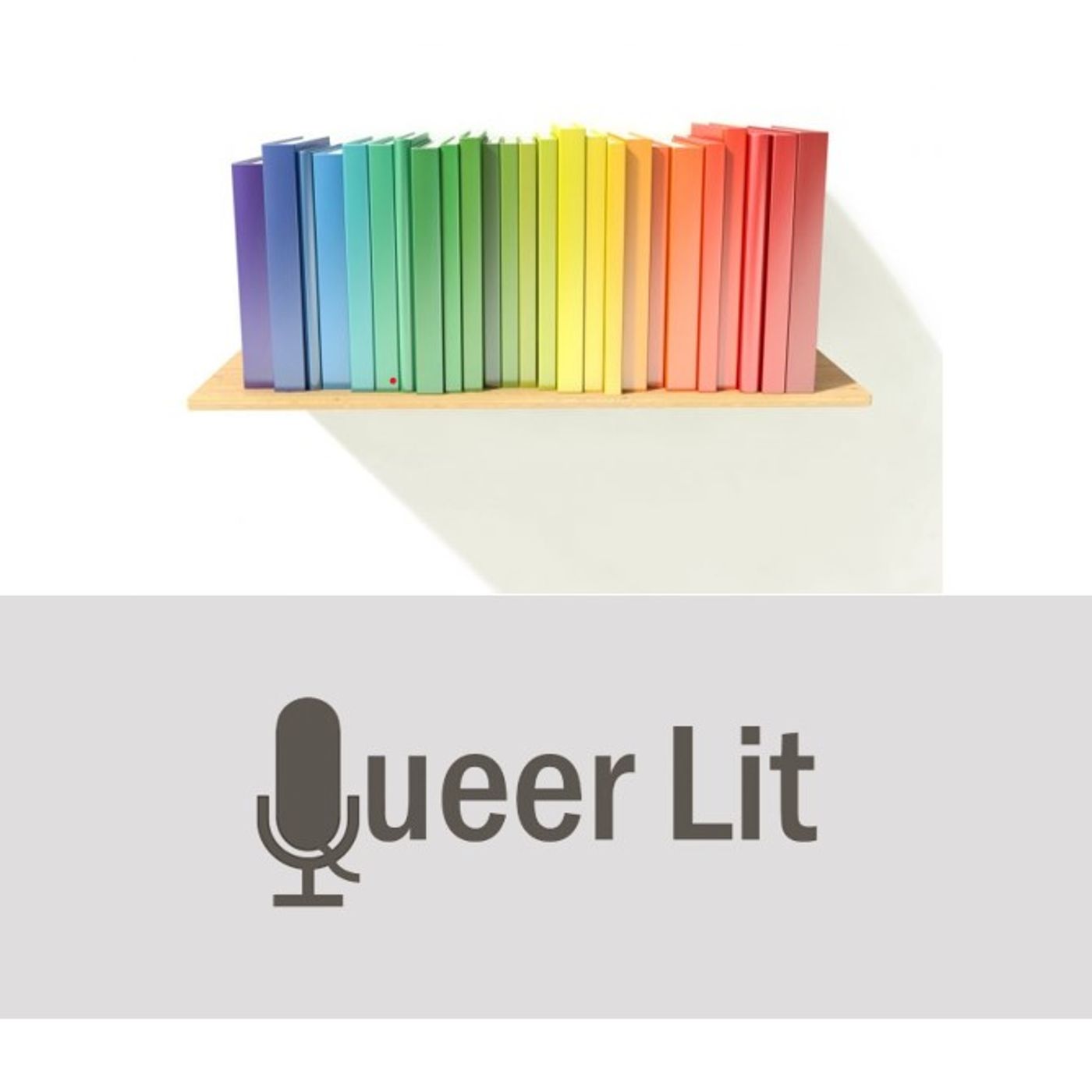“Realness, Loss and Underdogs” with Heather Love
Description
It’s time to be real. In this episode with queer studies luminary Heather Love, it’s all about what you find, what you feel, what you knooooow(-ah) to be real. We talk about feeling and looking backward while shifting paradigms, about the semiprivate space of the queer classrooms, about the entanglements of queer, trans and disability studies and so much more. Tune in now and follow @queerlitpodcast on Instagram for more realness and reading recs.
References to Heather’s work:
Underdogs: Social Deviance and Queer Theory. Chicago: University of Chicago Press, 2021.
Feeling Backward: Loss and the Politics of Queer History. Cambridge: Harvard University Press, 2007.
2023 Eve Kosofsky Sedgwick Memorial Lecture in Gender + Sexuality Studies by Heather Love
https://www.youtube.com/watch?v=ZU6bT2ZtNlA
“Assessing Critique, Scholarly ‘Habits,’ Queer Method and ‘Turns’: An Interview with Heather Love.” In Feminist Encounters: A Journal of Critical Studies in Culture and Politics, ed. Salla Peltonen and Marianne Liljeström 1.1 (Autumn 2017).
“Gyn/Apology: Sarah Orne Jewett’s Spinster Aesthetics.” ESQ: A Journal of the American Renaissance. ESQ 55.3-4 (Winter 2009): 305-334.
“Safe.” American Literary History 25.1 (Spring 2013): 1-12. Special issue on second books, ed. Gordon Hunter.
Other references:
Davy Knittle
Paris is Burning
Cheryl Lynn’s “To Be Real”
Susan Stryker’s “My Words to Victor Frankenstein” (GLQ, 1994)
Mary Shelley’s Frankenstein
Jacques Derrida
Jean-Paul Sartre
Judith Butler’s Gender Trouble
Alison Kafer’s Feminist Queer Crip
Tobin Siebers Rachel Carroll
Susan Stryker’s “More words about ‘My words to Victor Frankenstein’.” (GLQ, 2019)
Audre Lorde’s “The Uses of Anger”
William Wordsworth: “Overflow of powerful feelings [...] recollected in tranquillity”
Ellen Rooney. “A Semiprivate Room.” (Differences, 2002)
Paolo Freire
Herb Kohl
bell hooks
Patricia Highsmith’s The Price of Salt
Carol
Grace Ellis’ Flung Out Of Space
Questions you should be able to respond to after listening:
How does Heather define realness? How does it relate to realism and authenticity? What does being real mean to you? What does Heather say about the impulse to prioritise novelty in queer studies and in capitalist systems? Which Susan Stryker essay does Heather speak about? Why does she find it so important? How do affect studies come into Heather’s work? What does she say about Audre Lorde and writing from a place of anger? Do you think that the classroom is a ‘semiprivate’ space? Take a look at the Rooney essay to investigate. Please pick one of the texts Heather mentions (either her own or other scholars’ work) and read it. The reading recommendations in this episode are heartfelt and brilliant!
More Episodes
Have you thought to yourself recently: How come trans literature is having such a moment right now? Then this episode is for you. Sabine Sharp, editor of The Routledge Handbook of Trans Literature (2024), is joining me for a chat about the significance of trans literature today, as well as its...
Published 11/26/24
Published 11/26/24
How does your embodiment affect your perception and thus your writing? This is one of many questions Amber Jamilla Musser tackles in her most recent monograph, which builds on her brilliant work in Black feminism and queer femininity. Amber tells us how sensation and individual experience need to...
Published 11/12/24


